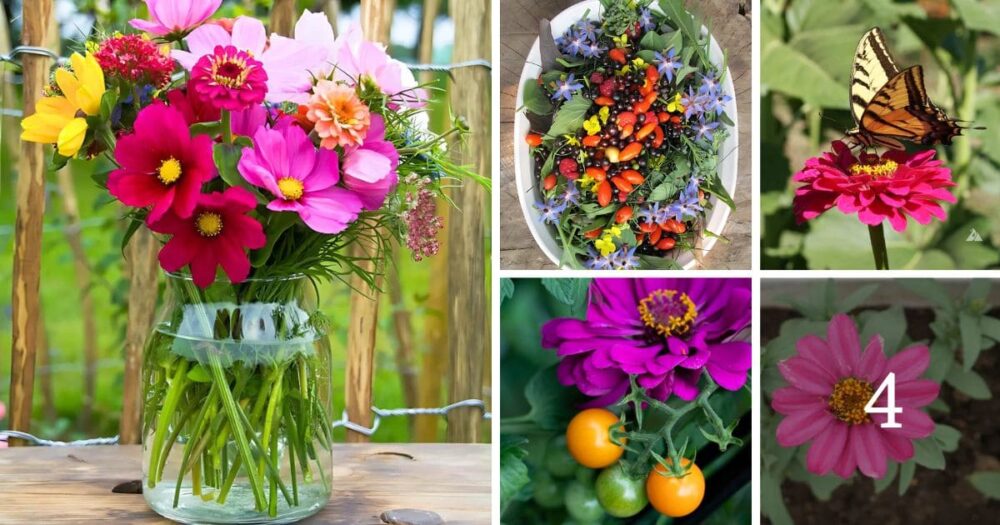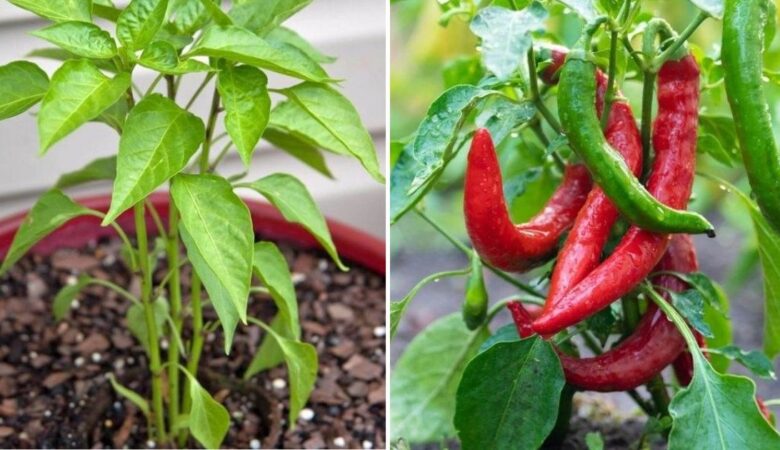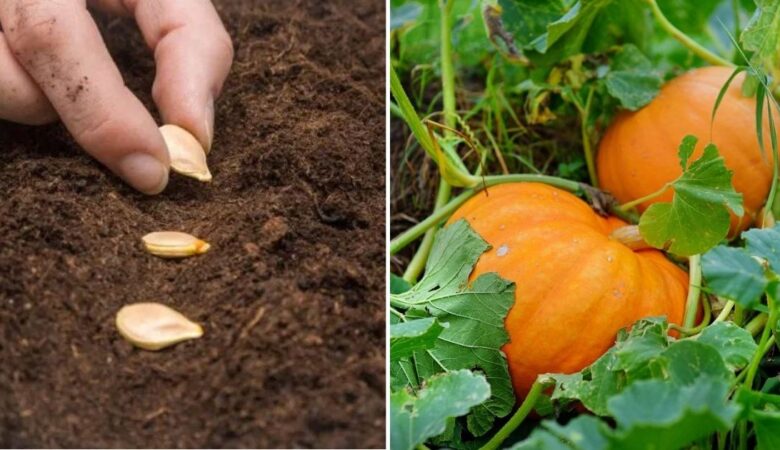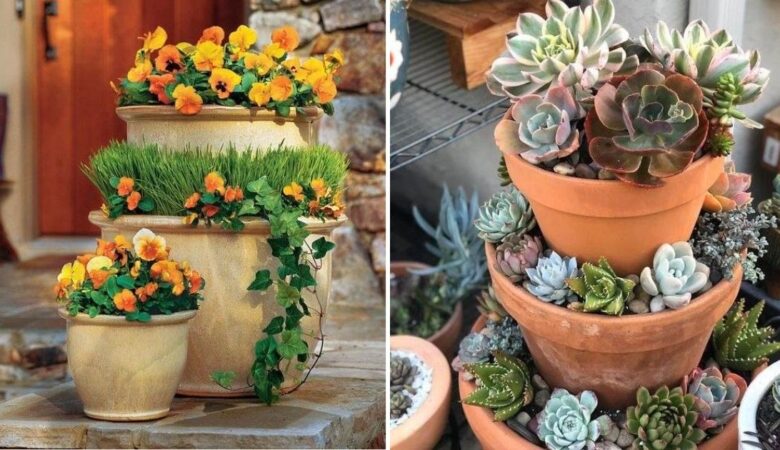Have you ever wondered what makes the zinnia plant so special? Native to Central America and Mexico, zinnias are vibrant, daisy-like flowers that come in an array of stunning colors, from bright reds to soft pinks.
These annuals thrive in full sun and bloom continuously from late spring to fall, making them a favorite in gardens worldwide.
Whether you’re looking for a burst of color or the perfect cut flower, zinnias offer more than just aesthetics – they bring life and joy to every garden they grace.
What is Zinnia Plant?
Origin and History of Zinnia Plant
Named after Johann Gottfried Zinn, a German botanist, Zinnias were initially not very popular in Europe due to their wild and scraggly appearance.
However, over the centuries, selective breeding transformed them into the stunning garden favorites we know today. They made their way to Europe in the 18th century and became widely popular in American gardens by the 1920s.
Characteristics of Zinnia Plant

Zinnias are annuals that thrive in full sun and well-drained soil. They are incredibly versatile, ranging in height from small dwarfs at 6 inches to towering giants up to 4 feet tall.
Their flowers come in a variety of forms, including single, semi-double, and double blooms, and they boast a rainbow of colors such as red, yellow, orange, pink, and even green.
Meaning of Zinnia Plant

Traditionally, zinnia flower represents thoughts of absent friends, lasting affection, and remembrance. In the language of flowers, zinnias can convey messages of endurance and daily remembrance.
See also 26 DIY Terra Cotta Pot Planter Ideas
In addition, their bright and bold appearance also symbolizes joy and a celebration of life, adding a touch of happiness wherever they are planted.
Top 8 Benefits of Zinnia Plant
1. Health Benefits
Zinnias are known to have anti-inflammatory properties. Some studies even suggest that zinnia extracts are believed to have anti-inflammatory benefits, which may aid in reducing swelling and pain.
In addition, these flowers contain antioxidants that help in fighting free radicals, potentially reducing the risk of certain diseases.
2. Traditional Medicinal Uses
Indigenous cultures in Mexico and Central America have utilized zinnia extracts for treating various ailments. From soothing skin irritations to aiding digestion, these plants have been a go-to remedy for centuries.
Besides, in some cultures, zinnias flowers and leaves are sometimes brewed into teas for their health-promoting qualities.
3. Long Blooming Season

One of the standout features of zinnias is their long blooming season. These flowers are like the marathon runners of the plant world, blooming tirelessly from summer all the way into fall. This means your garden can stay vibrant and colorful for months on end. Plus, the more you cut them for bouquets, the more they bloom.
4. Easy to Grow from Seed

Zinnias are incredibly easy to grow from seed. You just plant them after the last frost, give them some water, and watch them take off. They don’t require much fuss, making them perfect for beginners or anyone looking for a low-maintenance plant.
5. Pollinators Attraction

Zinnias are like magnets for pollinators. Bees, butterflies, and even hummingbirds can’t resist their charm. Planting zinnias in your garden can help support local pollinator populations, which is crucial for the environment.
See also 13 Easy and Money Saving Vegetable Growing Hacks
6. Versatile Use in Floral Arrangements

You can snip them and pop them into a vase, and they’ll last for ages. Zinnias are perfect for bouquets, centerpieces, or just a little splash of color on your kitchen table.
7. Vibrant Color Varieties

If you’re a fan of colors, zinnias are your best friend. They come in almost every shade you can think of – reds, pinks, yellows, oranges, purples, and even greens.
8. Easy to Care for

Zinnias don’t need a lot of fussing over, you just plant them in a sunny spot, water them occasionally, and they’re good to go. They’re also pretty tough and drought-tolerant, so they can handle a bit of neglect.
[ad_2]






